It was a triumph against the odds for Liverpool who secured two trophies in one day in 1947 after what was the longest season on record.
The 1946/47 season was the inaugural campaign post-war, one which saw Liverpool triumph against adversity and a freeze during the English winter.
The conflict ended in 1945 and it left widespread austerity in its wake in a war-ravaged country, and fans were desperate for the return of competitive football.
Football clubs were the hub of the community and for many, their team was an extension of themselves, a source of identity.
It was a key pillar of life and its return prompted crowds to return on mass, with record-breaking attendances welcoming the return of a full Football League season for the first time in over six years.
Liverpool, managed by George Kay, were not in the title discussion prior to the start of the campaign.
Mid-week games had been banned as the country looked to help boost the post-war economy.
The Reds made a solid start to life in the First Division. They first overcame Sheffield United 1-0 at Bramall Lane where they were met with monsoon-like conditions in what was a precursor of the unpredictable weather to follow.
Sweltering heat in the following weeks would precede a freezing fog and gale-force winds to hamper the quality of football.
And while Liverpool had lost two of their opening four games, they would adapt to the conditions to win eight of their next 12 – failing to lose any to take a stranglehold as a member of the top two.
A stumble during the month of December, however, saw Kay’s men win three of eight, losing the other three, as they dropped down the table as pitches turned into ice-rinks.
The treacherous conditions saw the government order an industrial shutdown and crowds at the turnstiles took a dramatic hit as a result.
The foul winter would see games postponed at an alarming rate and by the start of February, Liverpool were sixth in the table and had just suffered a narrow defeat at the hands of Everton – revenge would be served by season’s end, however.
But it sparked Liverpool into life, they won five games in a row amid a serious of scheduled games being called off.
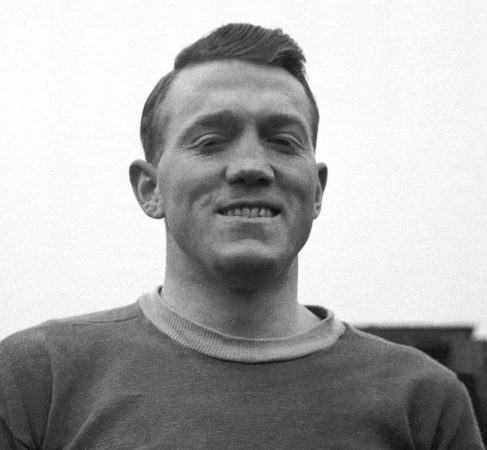
The touchlines at Anfield would be painted blue to make them visible on a snow and ice-laden pitch, one which Albert Stubbins famously lacerated his knees on when celebrating his spectacular diving header against Birmingham City in the FA Cup.
The season would be extended for six weeks and the Reds would set in motion their charge to the league title, their fifth in total and their first in 24 years.
Five wins and one draw preceding the final game of the season put the Reds in a strong position as they made the trip to Wolves on one of the hottest days of the year on May 31.
A win for the Redmen would see them leapfrog Wolves at the top of the table and in front of a 50,000-strong crowd, Jack Balmer and Stubbins would both net in the first half to steer the club to a 2-1 win.
But they would need to wait a fortnight to see if it would prove to be enough as the delayed season meant title-challengers Stoke would not play Sheffield United until June 14.
The day of the title-decider for Stoke and Liverpool would coincidentally fall at the same time the Reds would kick off in Sheffield for the final of the Liverpool Senior Cup, with Everton the opposition.
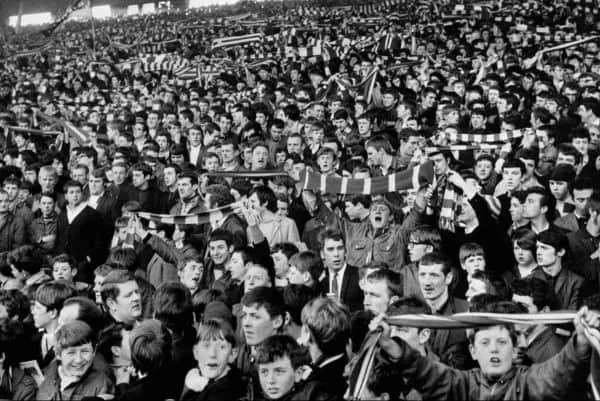
The Reds had already won the Lancashire Senior Cup against Bury the week prior and while notching a win over Everton would be the priority on any other day, it was hard to concentrate as forward Billy Liddell recalled:
“We met Everton in the final of the Liverpool Senior Cup at Anfield, starting fifteen minutes after the Sheffield match. Though our minds were more on what was taking place at Bramall Lane than at Anfield, we defeated Everton 2-1.
“But the last ten minutes were a mere formality, for the news had been given over the loud-speakers that Stoke had been defeated and the title was ours.
“The crowd didn’t care two straws what happened after that. All they wanted was the final whistle, so they could come swarming over the ground from the Kop and Kemlyn Road and carry us off the field. It was a scene of amazing enthusiasm.”
And so Liverpool were champions twice over having secured two trophies on the same day, with Liddell securing the league title in his first season at the club.
It was a victorious season against all the odds.
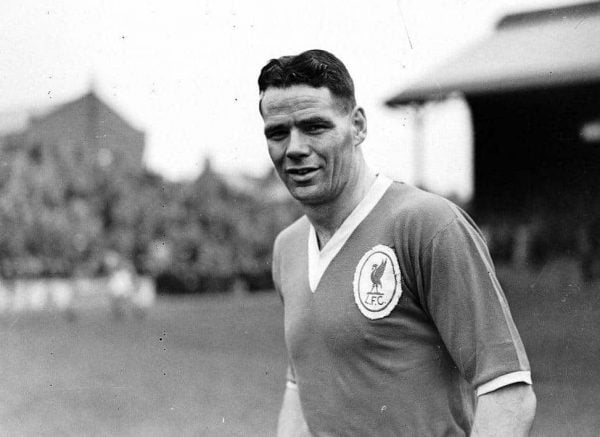
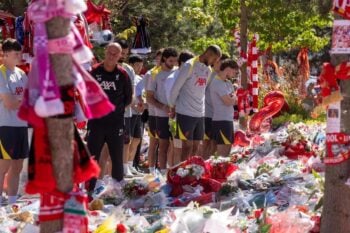
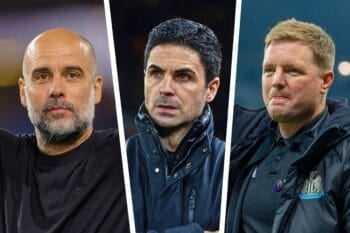


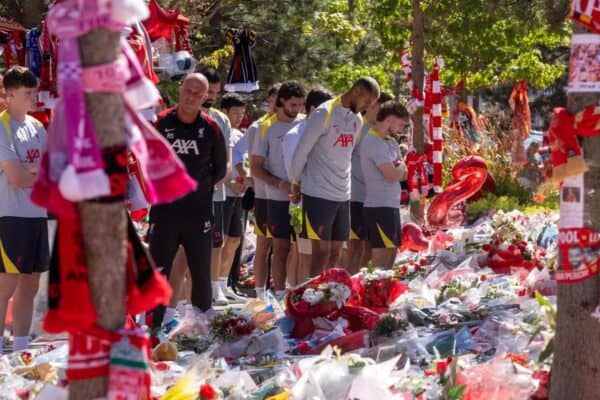
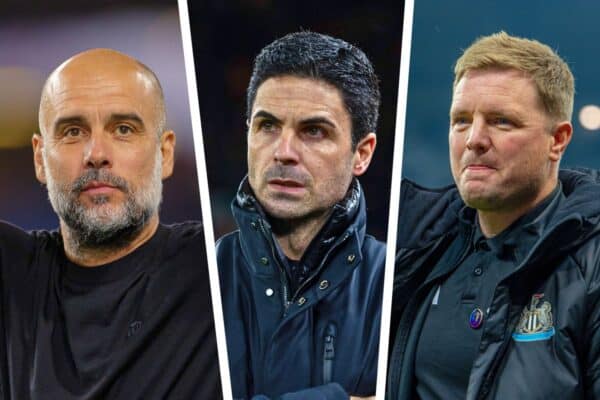









Fan Comments